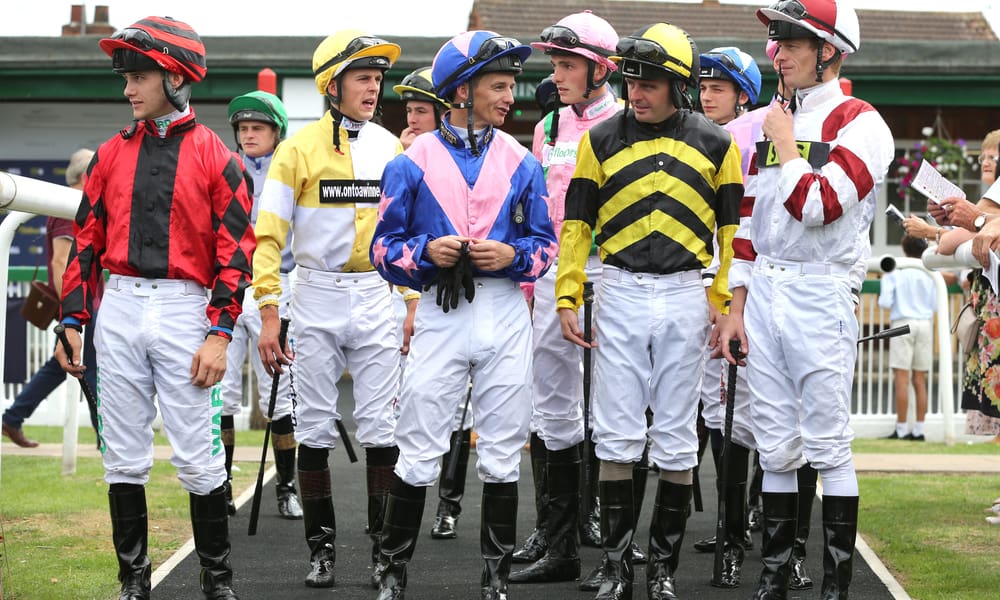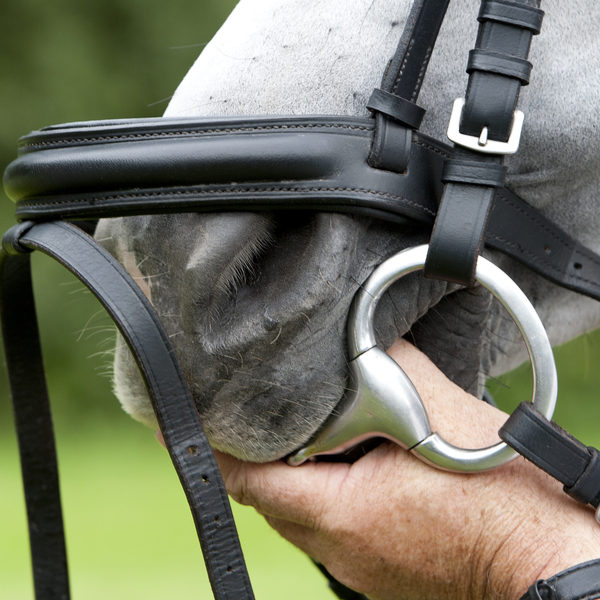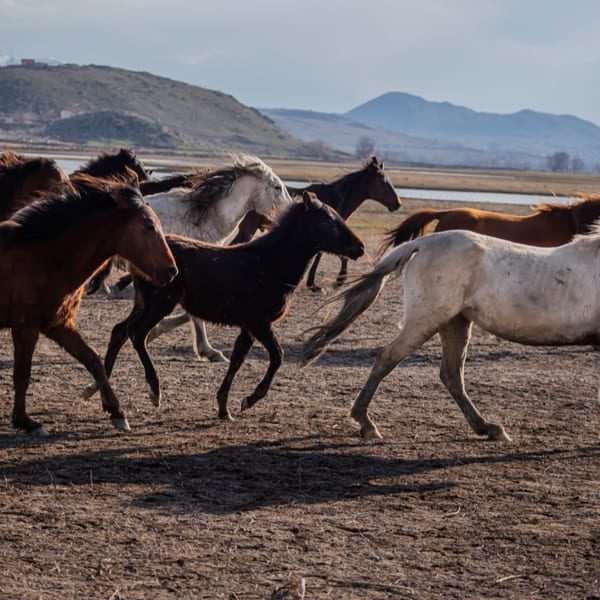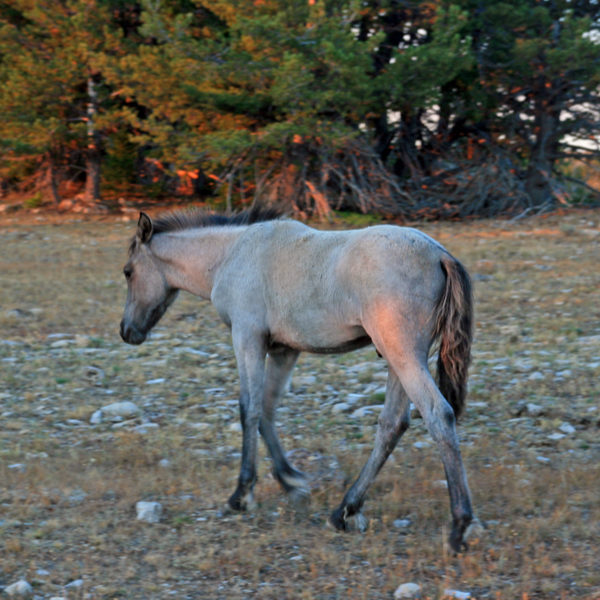A jockey is a person that is professional in riding horses in horse racing competitions. Being a jockey is not easy at all because they need to meet many requirements. Firstly, they should be lightweight enough to fit the weight their horse can carry.
Besides fulfilling the weight requirements, they need to have an adequate education level and experience, directly affecting their annual earnings. So, let’s see how much do jockeys make in the US.
The Ways a Jockey Earn Money
Not many organizations hire jockeys, so they are usually self-employed. Horse trainers often pay some fee to jockeys for the race that doesn’t depend on the prize the horse wins. However, many jockeys, especially the best ones, request some award percentage.
In Australia, the work of disciple jockeys is as far as agreement to an owner, for example. They typically have a regular employee-employer relationship.
On the other hand, when the American student jockey completes his apprenticeship, he becomes an entirely fledged rider. His business and insurance requirements are in accordance with his status. In most cases, jockeys are independent, like project workers.
The jockeys’ career starts at a very young age. In the beginning, they help trainers and then start riding on their own. A young jockey needs to accomplish more than 20 competitions with barriers to get permission for horse racing.
Once a jockey ends his riding career, he often takes part in different aspects of the horse-racing business. Most of them become trainers and help introduce new young people into the horse-racing industry.
Salary by states |
||
| State | Average salary | Hourly rate |
| Oklahoma | $26,100 | $12.5 |
| Montana | $31,980 | $15.4 |
| Utah | $32,240 | $15.5 |
| Colorado | $33,865 | $16.3 |
| South Carolina | $34,910 | $16.8 |
| Mississippi | $35,055 | $16.8 |
| Tennessee | $35,245 | $16.8 |
| Louisiana | $35,280 | $16.8 |
| Missouri | $35,645 | $16.9 |
| Nebraska | $35,645 | $17.1 |
| South Dakota | $35,965 | $17.1 |
| Kentucky | $36,040 | $17.3 |
| Nevada | $36,785 | $17.3 |
| Idaho | $37,000 | $17.7 |
| West Virginia | $37,100 | $17.8 |
| Alaska | $37,185 | $17.8 |
| Wyoming | $37,270 | $17.9 |
| North Dakota | $37,280 | $17.9 |
| Ohio | $37,490 | $18. |
| Wisconsin | $37,690 | $18.1 |
| Michigan | $37,900 | $18.2 |
| Vermont | $38,125 | $18.3 |
| District of Columbia | $38,140 | $18.3 |
| Maryland | $38,400 | $18.5 |
| Hawaii | $38,900 | $18.7 |
| Delaware | $39,070 | $18.8 |
| New Hampshire | $39,385 | $18.9 |
| California | $39,730 | $19 |
| Georgia | $39,765 | $19.1 |
| Massachusetts | $40,090 | $19.3 |
| Florida | $40,180 | $19.3 |
| Connecticut | $40,280 | $19.4 |
| Alabama | $40,330 | $19.4 |
| Rhode Island | $40,545 | $19.5 |
| North Carolina | $40,770 | $19.6 |
| Kansas | $40,960 | $19.7 |
| Washington | $41,575 | $20 |
| Arizona | $41,755 | $20 |
| Illinois | $41,960 | $20.1 |
| Indiana | $42,020 | $20.2 |
| Iowa | $42,370 | $20.4 |
| Virginia | $42,650 | $20.5 |
| Oregon | $43,345 | $20.8 |
| Minnesota | $43,590 | $21 |
| Maine | $43,620 | $21 |
| Pennsylvania | $45,420 | $21.8 |
| New Jersey | $46,280 | $22.2 |
| New York | $46,350 | $22.3 |
| Texas | $49,360 | $23.7 |
| Arkansas | $50,815 | $24.4 |
| New Mexico | $51,335 | $24.7 |
Jockeys need to follow established rules. For instance, a jockey that competes in races needs to have a license for horse racing and can’t bet on races they compete at.
Finally, they have body limits. Their average weight should be 110 to 120 pounds (50 – 54.5 kg). There is no height limit, but you will notice that most of them are 56 to 66 inches (1.4 – 1.68 m). Each jockey needs to be physically and mentally fit to keep up with horse racing demands.
Jockey Salary
We can’t imagine professional and competitive horse racing without professional jockeys, but most are not high earners. Only the most successful professionals can earn six-figure incomes, while most make relatively modest earnings.
The primary reason for that difference is that jockey’s success determines his earnings. Only those that compete and win big-purse races will make significantly more money.
Jockey earnings by percentile |
|||
| Percentile | Hourly | Monthly | Annually |
| 90th percentile | $29 | $5,085 | $61,000 |
| 75th percentile | $25 | $4,335 | $52,000 |
| 25th percentile | $18 | $3,085 | $37,000 |
| 10th percentile | $15 | $2,585 | $31,000 |
| Average | $21 | $3,670 | $44,065 |
One more thing that directly affects jockeys’ annual earnings is a percentile. It is the score percentage compared to others. The top jockeys always have a percentile above 45%.
Fee
Jockeys are independent employees, and horse trainers hire them to participate in races. The mounting fee is the money jockeys take to ride a particular horse in a race. That fee can be only $25 but can go up to $150 for a professional rider.
This income is only basic earnings, while the additional payments depend on how successful a jockey is in the race. That makes this business very risky, with lots of money in the game.
Prize
As I have already mentioned, a jockey’s income is not the fee he takes to ride the horse in the race. The real thing he competes for is a so-called big purse. The purse is the prize for the first, second, and third place in the race.
Even though that purse belongs to the horse’s owner, jockeys always take a piece of it. Typically, the prize size depends on the organization, and the jockeys’ percentage will depend on their success. However, they never take a big part in the prize.
For example, the most common way of splitting money for the first place is 6% to 10% for the jockey and the rest for the horse owner. For second place, jockeys take approximately 1% and only 0.5% of the big prize for the third place.
For a more straightforward calculation, let’s take the example that the purse for the winner is 10%. So, if the purse for the race is $100,000, the winning horse’s owner will get $60,000. Since the jockey’s part is 10%, he will get only $6,000 for that winning.
Keep in mind that most jockeys win in less popular and exhausting races with significantly lower purses. For instance, the prize is only $10,000 in many races.
In such a case, the winning horse will get only $6,000, and a jockey’s part will be 6% to 10%. You can quickly calculate that he can’t earn more than $600 in this race. The situation is even more unfavorable for jockeys riding horses that take second or third place.
Jockey’s expenses
Keep in mind that jockeys have their expenses, as well. For instance, they need to provide their equipment like helmets, saddles, boots, and suits on their own. Plus, they need to pay 25% to 30% of the prize won in the race to agents, while valets typically get a 5% tip.
Jockeys’ Annual Earnings
Most horse-racing riders earn from $30,000 to $40,000 per year, but there are many exceptions. In 2004, the average yearly income for the best 100 jockeys was around $5.7 million.
As I have mentioned, this business is risky, and annual earning variabilities for top jockeys prove that. For instance, the highest-paid jockey earned $2.1 million in 2008. The highest-paid jockey made more than $22 million only four years before.
Salary by Education Level
You don’t need a college degree to become a jockey. Approximately 34% of jockeys have only a Bachelor’s degree, while 33% finish a high school diploma. You can still meet those who got an apprenticeship before starting a professional career.
Jockey education |
|
| Degree | Percentage |
| Bachelors | 34% |
| High school diploma | 33% |
| Associate | 15% |
| Diploma | 8% |
| Certificate | 7.5% |
| Masters | 2.5% |
Only the modest part of jockeys has some Master’s degree. Those with college degrees got it at the University of Phoenix or Purdue University.
In this business, the degree is desirable but not crucial. Essential things for one jockey are stamina, the ability to work in a team, and excellent hand-eye coordination.
Therefore, many jockeys begin their careers before 20 and immediately start learning. They typically help at work at 16 and then continue with apprentice training.
Salary by education level |
|
| Education level | Average annual salary |
| High school diploma | $55,000 |
| College degree | $58,000 |
| Bachelor’s degree | $59,000 |
| Master’s degree | $60,000+ |
| PhD | $65,000+ |
In the US, there is an official racing academy in Lexington. Their education programs include learning about professional racing methods, communication, horse care and nutrition, and racing rules.
After four years of study, jockeys can expect to become senior jockeys and start practice. Many jockeys use this method to get into the professional horse racing business.
In most cases, jockeys with a higher educational level will earn more than others, but it is not always a rule. However, most professional horse riders are highly educated people.
Highest Paid Jockeys Worldwide
While some jockeys barely get enough money for a living, some highly successful horse riders can earn a fortune during their careers. That sum primarily depends on their success in the races.
Thoroughbred top jockeys by earnings worldwide |
||||
| Name | Starts | 1st place | Top three | Career earnings |
| John R. Velazquez | $35,000 | $6,355 | $16,060 | $446,654,390 |
| Javier Castellano | $29,855 | $5,420 | $14,725 | $364,082,460 |
| Mike E. Smith | $33,945 | $5,630 | $14,745 | $337,917,625 |
| Pat Day | $40,300 | $8,800 | $21,350 | $297,914,840 |
| Jerry D. Bailey | $30,855 | $5,895 | $14,370 | $296,113,530 |
Some horse racing jockeys can earn a fortune, but no one even knows about them outside their homelands. The best one is Yutaka Take from Japan, who won 4,200 races and earned approximately $796,000,000 during his career.
Summary
Being a jockey is a pretty demanding job that requires dedication, passion, and some physical attributes. Most jockeys do their job passionately because they love horses and the adrenaline rush during the race. They never race only for money, but good earning is an excellent addition.











